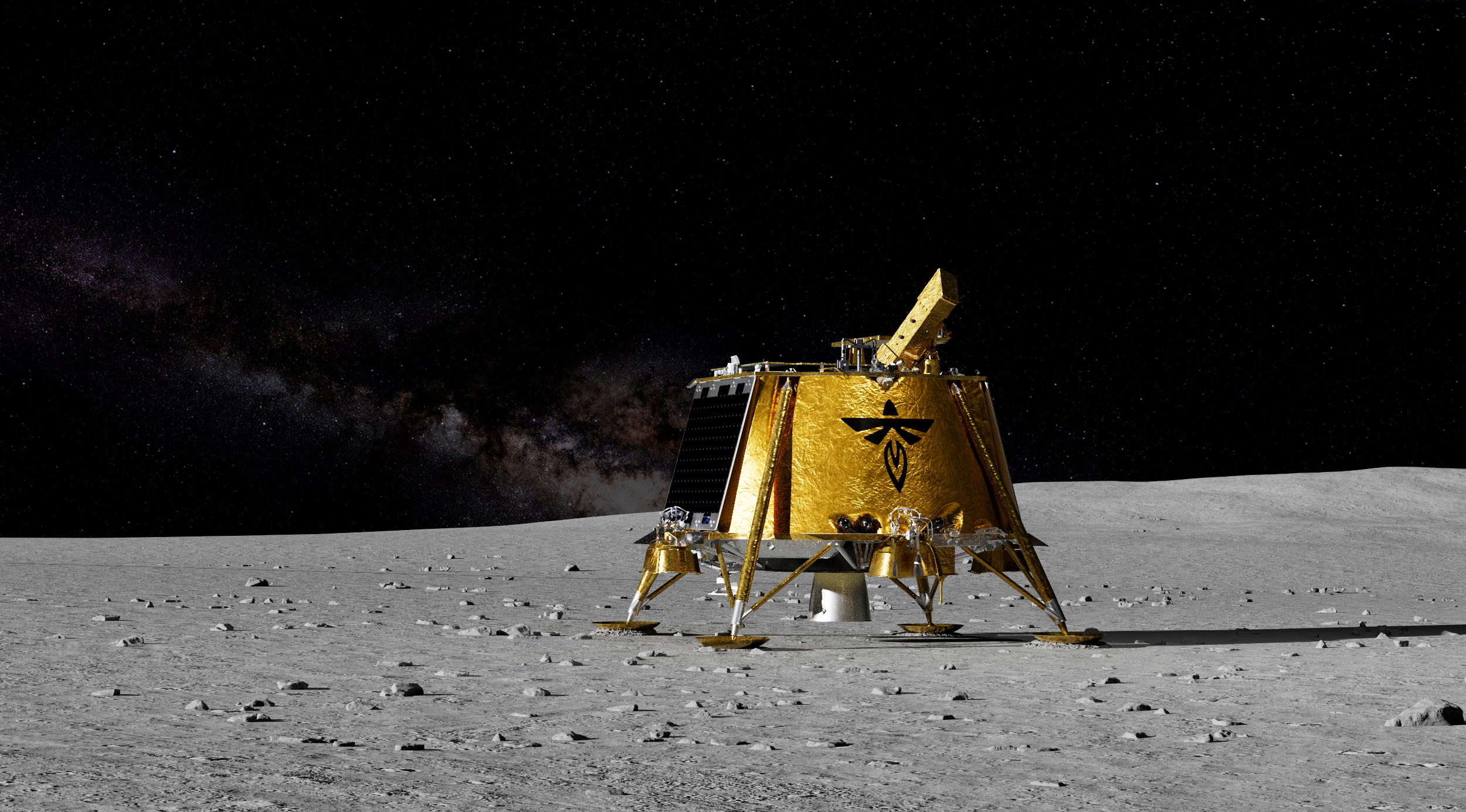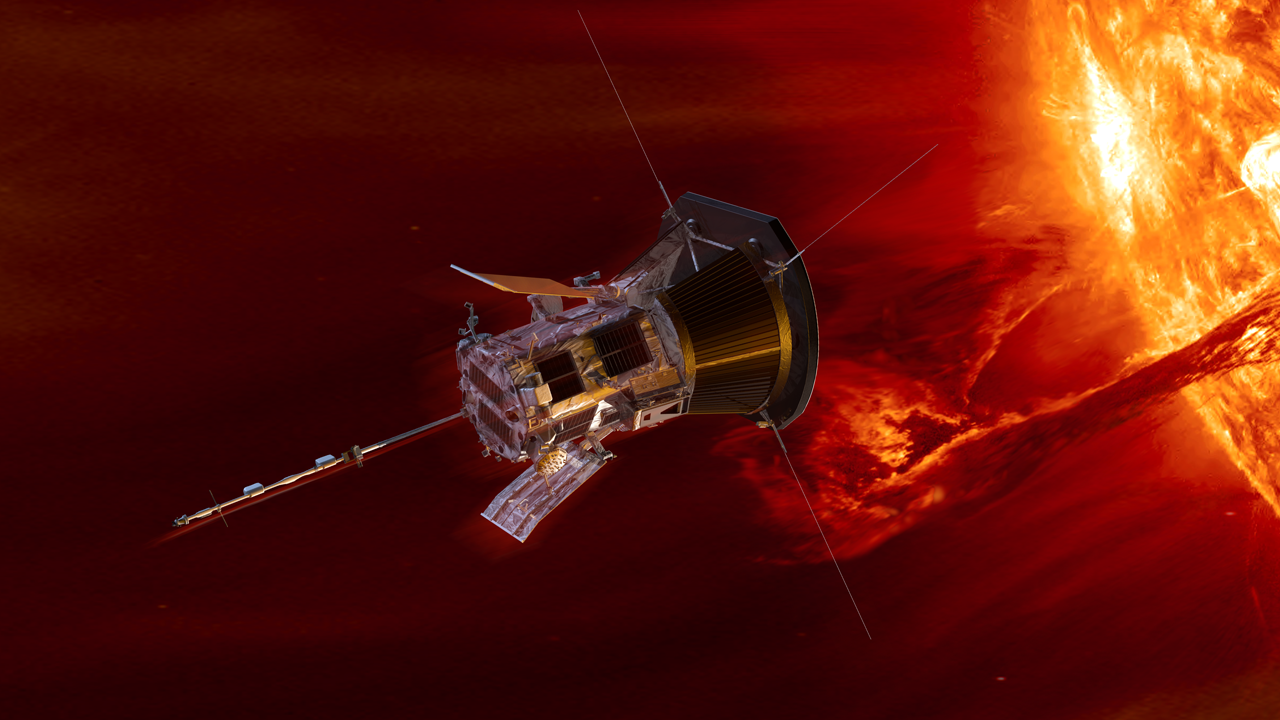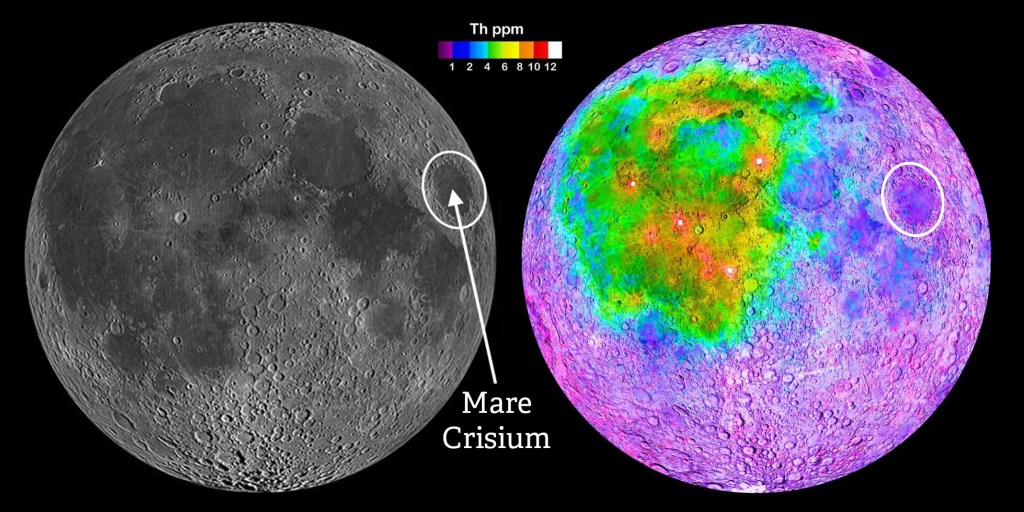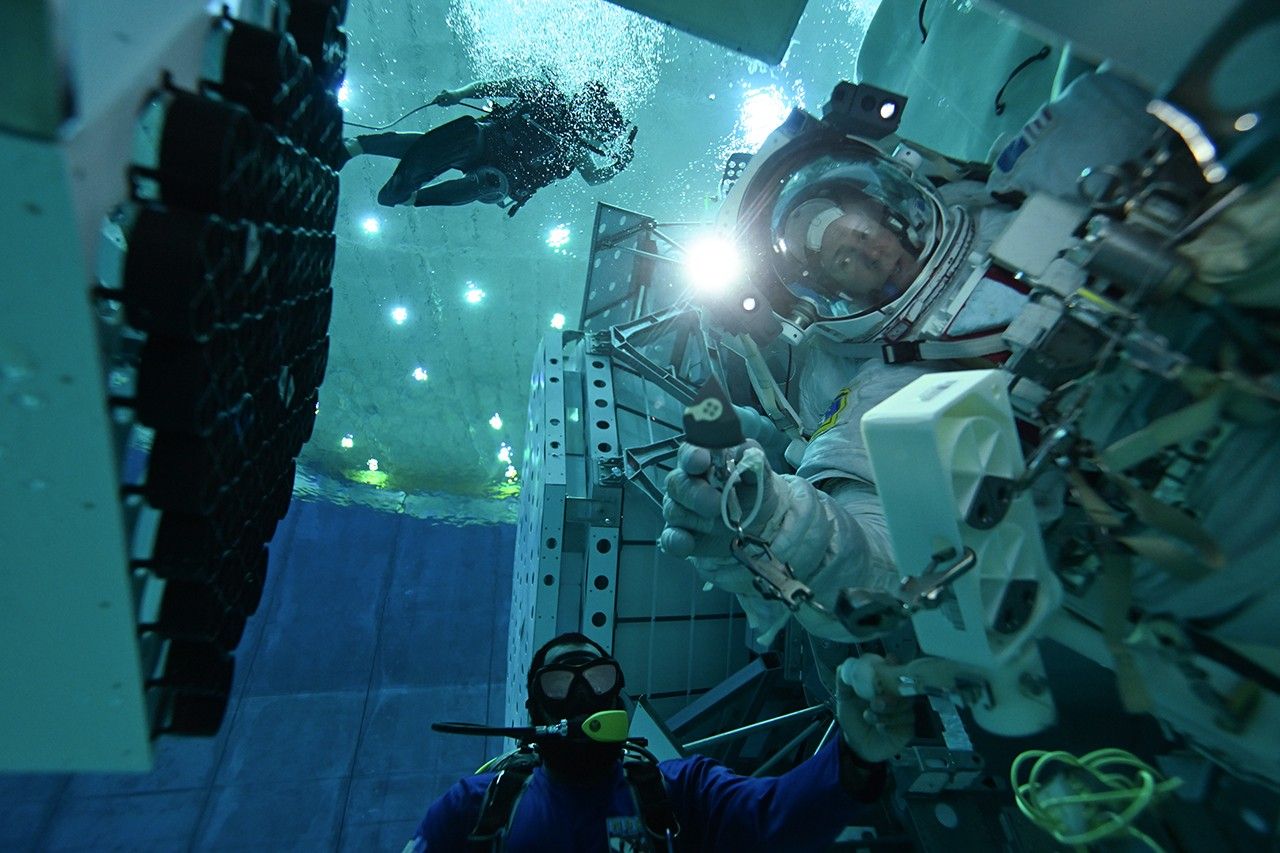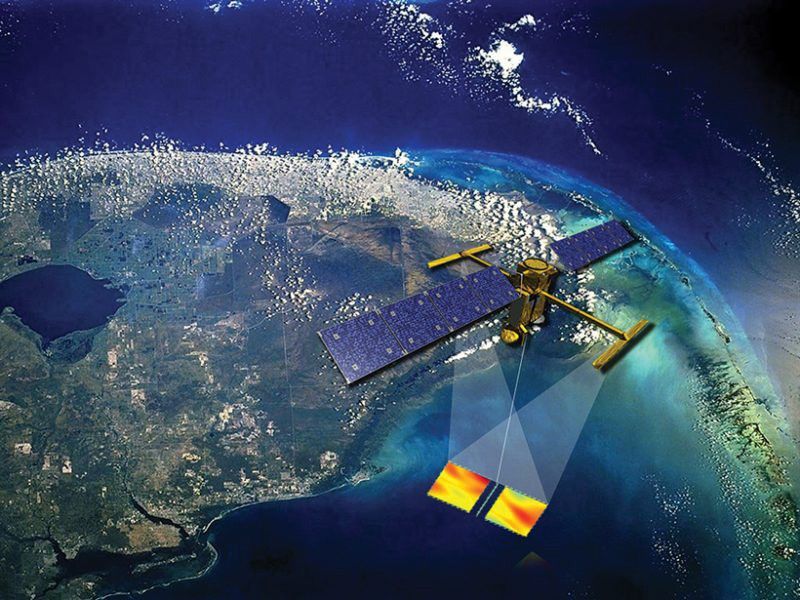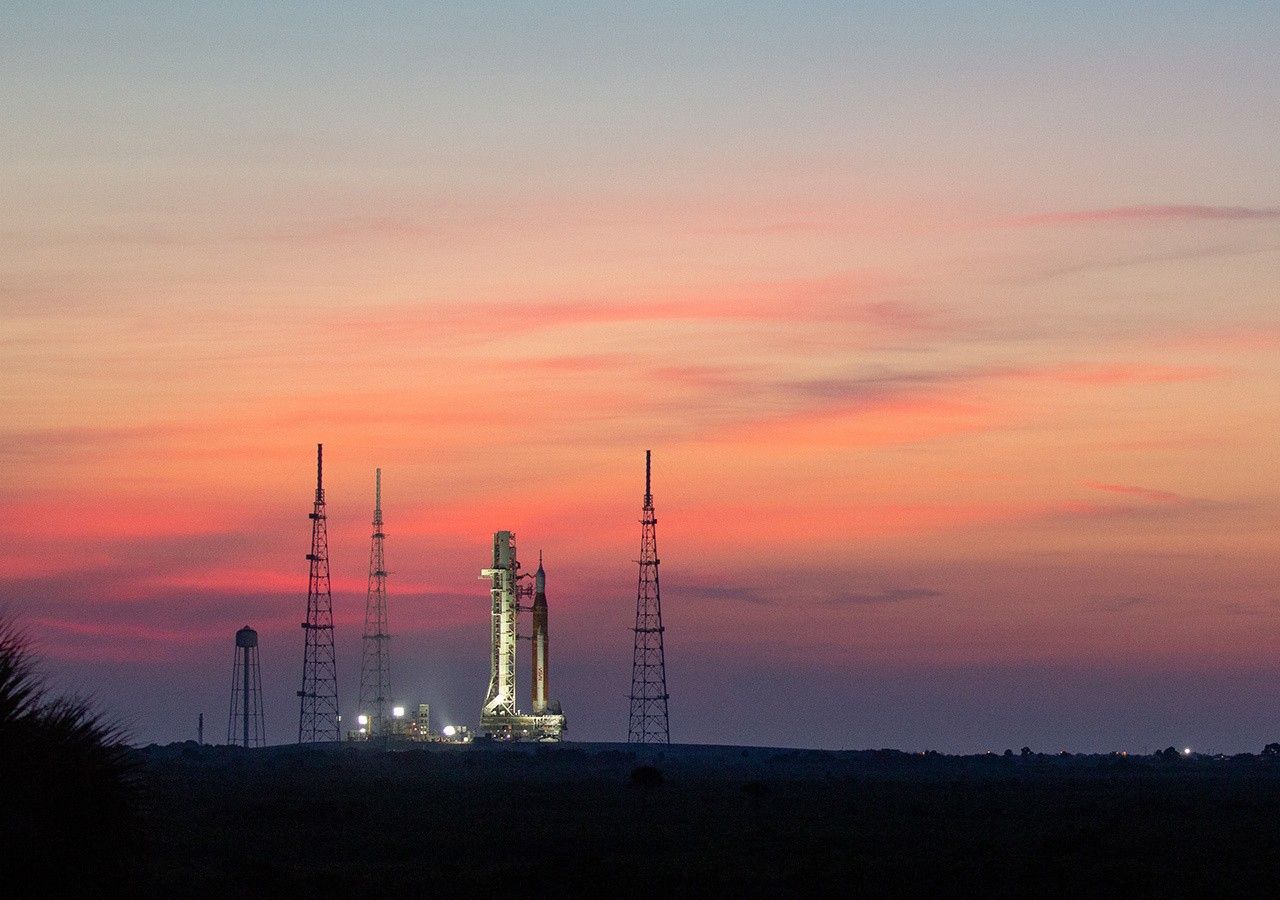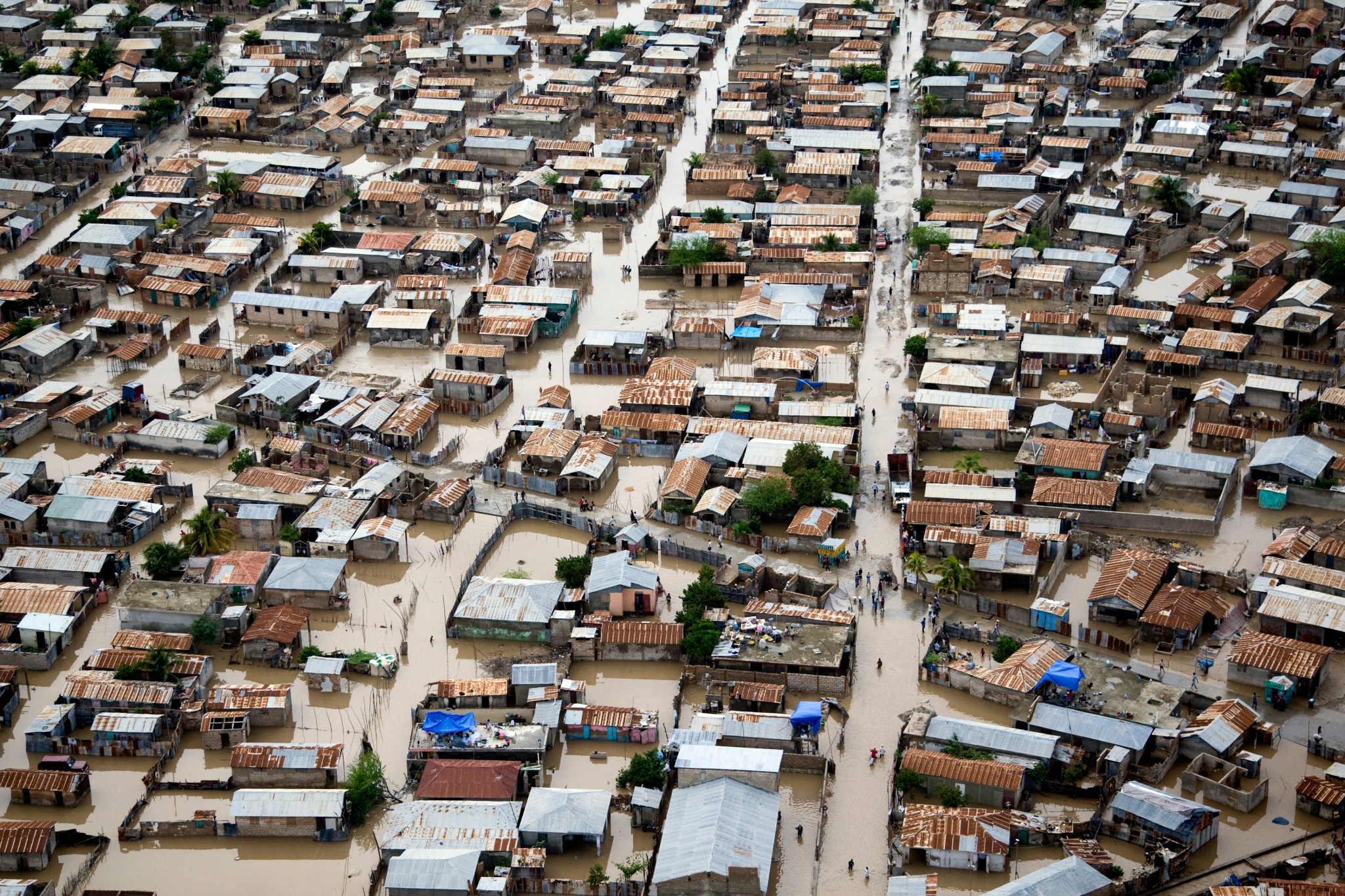Officials at NASA have selected NASA’s Langley Research Center in Hampton, Virginia, to be the home of the program office for the agency’s Disaster Response Coordination System (DRCS).
Officials at NASA have selected NASA’s Langley Research Center in Hampton, Virginia, to be the home of the program office for the agency’s Disaster Response Coordination System (DRCS).
Slated to become active later this year, the DRCS will employ NASA’s science expertise and technological innovation to support operational disaster response organizations both in the U.S. and around the globe.
In a memo announcing the selection of the program office, NASA Earth Science Division Director Karen St. Germain said: “[Langley] has an excellent record of cross-center collaboration on disasters, demonstrated center leadership support, and can act quickly to implement this new program office.”
The DRCS program office will work in close collaboration with colleagues at Marshall Space Flight Center in Huntsville, Alabama; Ames Research Center in Mountain View, California; Goddard Space Flight Center in Greenbelt, Maryland; and the Jet Propulsion Laboratory in Pasadena, California.
Part of NASA’s Earth Science Division Applied Sciences Program, the Disasters program area advances the use of Earth-observing data and applied science to improve the prediction of, preparation for, response to, and recovery from disasters around the world.
“We’re honored and excited to be chosen as the home for this key element of the Disasters Program,” said Paul Speth, who is leading the creation and development of the DRCS program office on behalf of Langley’s Science Directorate. “More importantly, we’re looking forward to bringing NASA’s wealth of scientific and technological resources to the people who need them most in places reeling from the shock of disaster.”
Though NASA is not an operational disaster response agency itself, its expertise, technology and partnerships are important resources to those directly involved in disaster response. In 2022 alone, the program’s Disaster Assessment and Response Teams, a precursor to the DRCS, supported responses to 18 disasters at home and abroad, including floods, landslides and volcanic eruptions.
The DRCS will refine the program’s assessment and response function in a way that more deeply integrates cross-center collaboration and the development of partnerships. This will help bring the program’s many critical resources closer to those who need them most.


